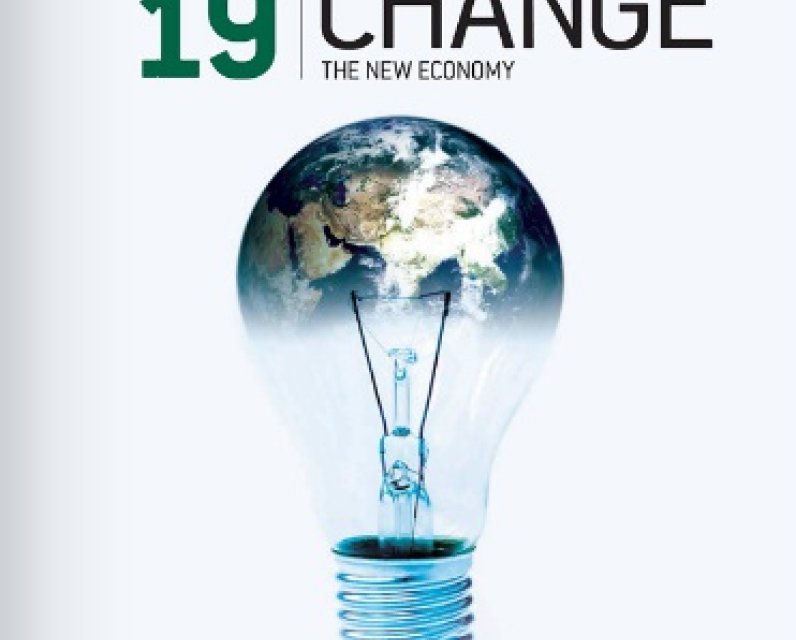Unpublished Opinions
Roland (Rolly) Montpellier is the co-founder and Editor of Below2°C. He’s a climate activist, a climate communicator and a blogger. He’s a member of Climate Reality Canada, 350.Org (Ottawa), Citizens’ Climate Lobby (Canada) and climate ambassador for We Don't Have Time. You can follow him on Facebook, Twitter, Instagram, Linkedin.
Why Climate Talks Are Failing

I have become frustrated and disillusioned by the inability of international conferences to achieve the kind of action required to tackle the climate crisis.
The United Nations climate talks in Warsaw (Poland) have ended. Environmental groups and country representatives say little has been achieved, with a strong divide between developed and developing nations preventing any meaningful agreement. From the very first day of the meetings which began on November 11, negotiators from 194 nations argued over key points intended to define the framework for a global climate agreement to be put into effect in 2015 at a Paris summit. This much anticipated global agreement should be the first to bind all the world's nations to curbing Earth-warming greenhouse gas emissions from burning fossil fuels.
"Warsaw has set a pathway for governments to work on a draft text of a new universal climate agreement, an essential step to reach a final agreement in Paris, in 2015," said Marcin Korolec, the Polish host of the conference. One is left bewildered at how so little has been accomplished - an agreement on a pathway to work on a draft text. That is it!
Governments have until the first quarter of 2015 to publish plans to curb emissions starting in 2020. This is far from laying the groundwork for the Paris conference of 2015 which is to result in the definitive new global deal on emissions. Many experts regard the 2015 conference as the last chance for saving the planet from catastrophic weather systems and environmental turmoil never witnessed by mankind during its relatively short history on the planet.
Among the more significant impasses are the questions of who will pay for global warming damages and who is really responsible for the CO2 emissions (both past and future).
Who Pays for Damages
For a large group of countries, the emphasis in climate talks is on the new language of "loss and damage". This applies to events to which no country can adapt - rising sea levels which flood low-lying islands. This is different from terms such as "adaptation" and "adjustment which describe the work that countries must do to adapt their infrastructure, agriculture, land use and disaster preparedness plans in the face of the ever-increasing extreme weather events such as droughts, floods, super storms.
But even on simple terminology, there can be no easy agreement. The best that could be achieved is a compromise position to review the "loss and damage" mechanism in three years and only decide then where it would be positioned in the emissions reduction global agreement expected in 2015.
Finger Pointing and the Blame Game
The rift between the West and developing countries is on ongoing stumbling block.
Poor countries argue that richer countries are responsible for most of the carbon-dioxide already in the atmosphere. So they should pay for the damage caused by global warming. The rich countries point out that you also have to look at future emissions when assigning blame putting the spotlight on fast-growing nations like China and India.
Outsourcing of Carbon
Wealthy nations are increasingly shipping their carbon emissions to off-shore locations in an attempt to reduce their respective emissions. While it's true that developed nations have reduced emissions within their own borders since the Kyoto Protocol, much of that reduction is due to offsets of "outsourced" emissions to other countries like China, India and others. Those transfers are now growing at 12 percent per year.
_____
Adding to these macro obstacles are the usual procedural risks, political discord and acrimony slowing down the process to a crawl, as nations compete for their own special interests. As Fiona Harvey of TheGuardian said at the end of the conference, “the fragile truce reached after the marathon talks in Warsaw may not even last as long as the delegates' flights home.



Comments
Be the first to comment